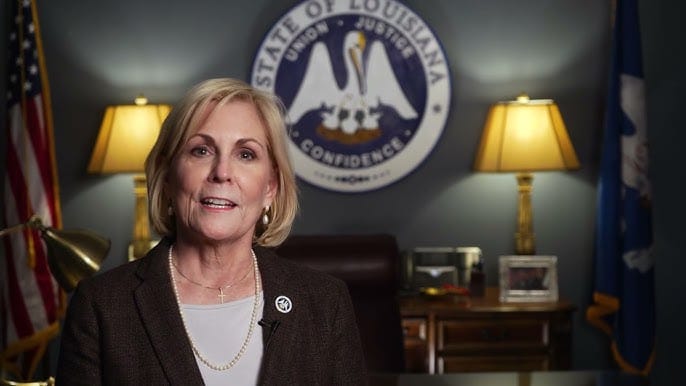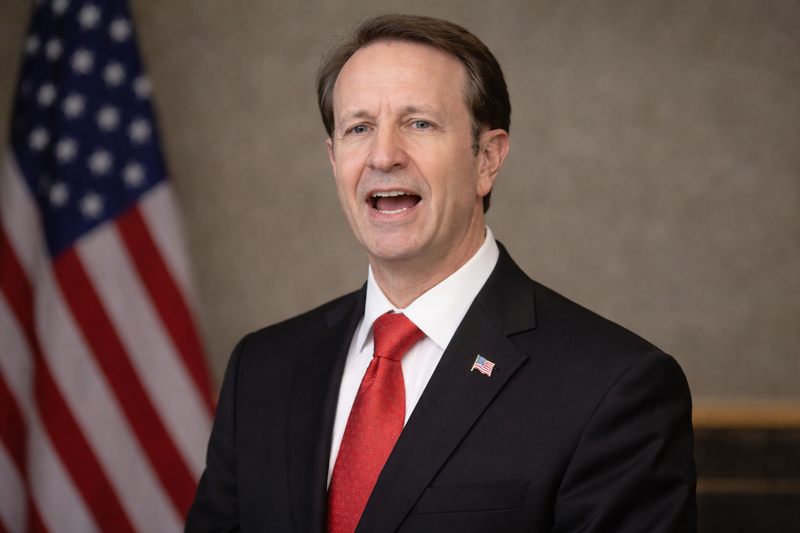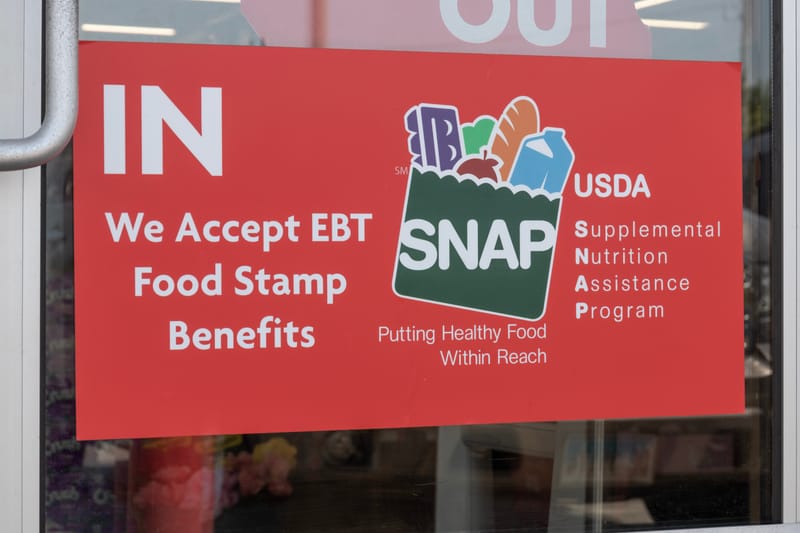Louisiana Expands Voter Data Sharing, Linking Rolls with Texas and Neighboring States
The agreements allow the state to compare registration data with its neighbors in an effort to catch errors and ensure rolls remain up-to-date.

BATON ROUGE, La. —Louisiana is deepening its efforts to maintain voter registration lists by formally agreeing to share voter data with Texas, Mississippi and Arkansas, a move supporters say will help identify duplicate registrations across state lines but that critics warn could put eligible voters at risk.
Secretary of State Nancy Landry announced the arrangement in February, describing it as part of Louisiana’s “voter list maintenance” strategy. The agreements allow the state to compare registration data with its neighbors in an effort to catch errors and ensure rolls remain up-to-date.
“Accurate voter lists are essential to the integrity of our elections,” Landry said at the time. “By working with other states, we can strengthen confidence in Louisiana’s electoral process.”
The initiative aligns with a larger push by Texas to build its own voter data-sharing network after withdrawing from the Electronic Registration Information Center (ERIC), a multi-state consortium once used for similar purposes. Texas has since announced partnerships with nine states, including Louisiana, to exchange registration records.
Supporters vs. critics
Backers of the agreements argue that sharing information prevents scenarios in which voters remain registered in more than one state after moving. They say removing such duplicates helps streamline the voting process and reduce administrative errors.
But civil liberties advocates question whether the data-sharing systems are secure or fair. The ACLU and other groups have raised concerns that past programs—most notably the now-defunct Crosscheck system—produced high error rates, wrongly flagged legitimate voters, and risked exposing sensitive personal information.
“Politicians continue to use the myth of widespread voter fraud to justify measures that could suppress participation,” said Esmie Tseng, a voting rights advocate. “Without strong safeguards, these agreements create more problems than they solve.”
What it means for Louisiana voters
For Louisiana residents, the change means their registration information may now be checked against records in multiple states. Election officials say this is a tool for accuracy, but voting rights groups caution that eligible voters could face hurdles if errors occur in the matching process.
The Secretary of State’s office has not yet detailed how voters will be notified if their registration is challenged or what procedures will be in place to correct mistakes.
As Louisiana implements the agreements, the state finds itself balancing two competing pressures: ensuring the accuracy of voter rolls and safeguarding against wrongful removals that could disenfranchise citizens.





